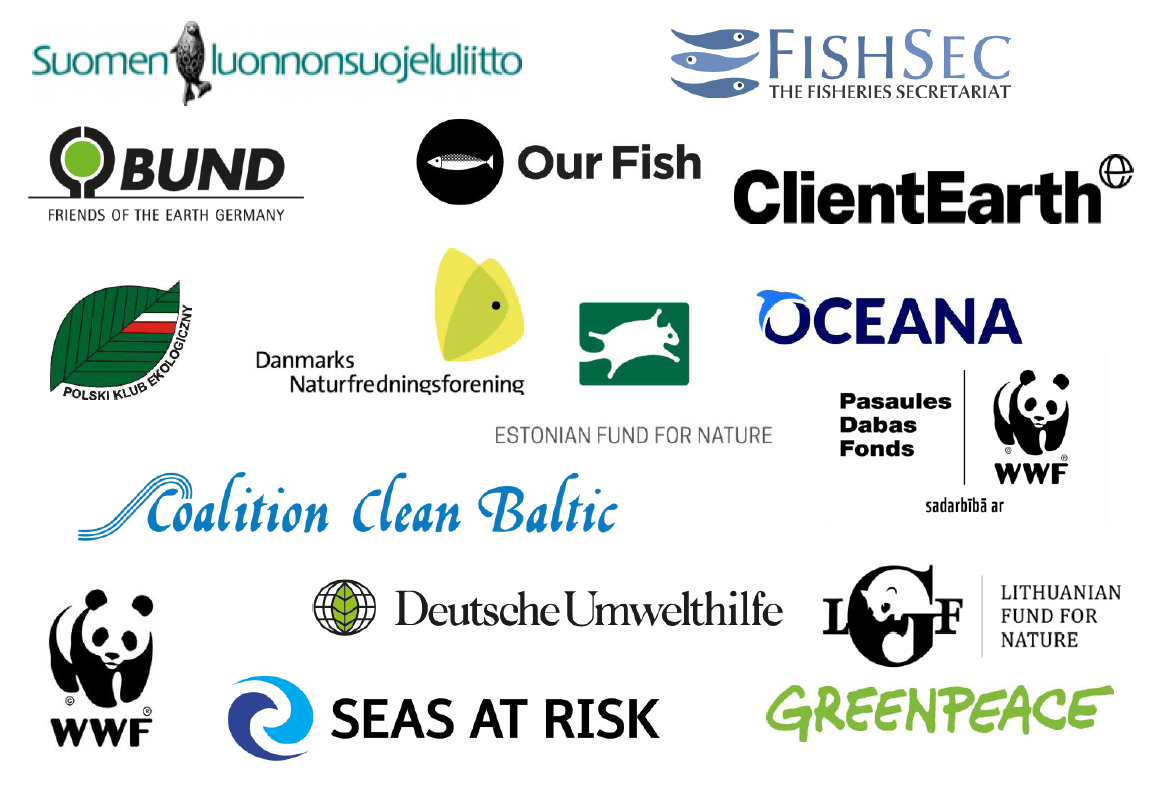Joint NGO recommendations on Baltic Sea fishing opportunities for 2023

In October 2022, EU fisheries ministers will agree on fishing opportunities in the Baltic Sea for 2023. As the deadline to end overfishing by 2020 at the latest as legally prescribed by Article 2(2) of the Common Fisheries Policy (CFP) has passed, all fishing limits must be in line with sustainable exploitation rates.
Last year, the EU AGRIFISH Council set four out of ten Total Allowable Catches (TACs) in the Baltic Sea exceeding the best available scientific advice for 2022, thereby contravening the CFP deadline. The European Commission proposals exceeded scientific advice for the four TACs - eastern Baltic cod, western Baltic herring, salmon in the main Baltic basin and the Gulf of Finland salmon. Fisheries ministers further increased some catch limits above what was proposed by the European Commission.
However, behind all of the numbers, the real problem is that scientific advice and the models underpinning it are not delivering ecosystem-based management options. Setting TAC based on single species advice omits the need to consider sub-populations at risk and misses consideration of size and age distribution. ICES can produce more comprehensive advice but the decision-makers must request this and until they do, they must set TACs with much greater caution.
The Commission and Ministers must reconsider the current approach by requesting new and different scientific advice that, for example, adequately reflects ecosystem considerations, safeguards vulnerable sub-populations and prioritises a healthy size and age distribution, or we will face more stocks faltering. The solution here and now is to take a more precautionary approach by staying in the lower bounds of the TAC advice ranges.
The following text outlines the joint NGO recommendations on Baltic Sea fishing opportunities for 2023 in the context of environmental regulations, EU fisheries legislation, scientific advice on catch limits, and the sharing of stocks with third countries.
Overall, we urge the European Commission to propose, and fisheries ministers to agree on, fishing opportunities in accordance with the following recommendations:
● Set TACs not exceeding scientifically advised levels based on the MSY Approach for all stocks for which MSY-based reference points are available;
● Where MSY-based reference points are not available, set TACs not exceeding the Precautionary Approach catch limits advised by the International Council for the Exploration of the Sea (ICES);
● Set TACs not exceeding the FMSY point value specified in the Baltic Sea Multi-Annual Plan (MAP).
To read the full joint NGO recommendations on Baltic Sea fishing opportunities for 2023 click here.


